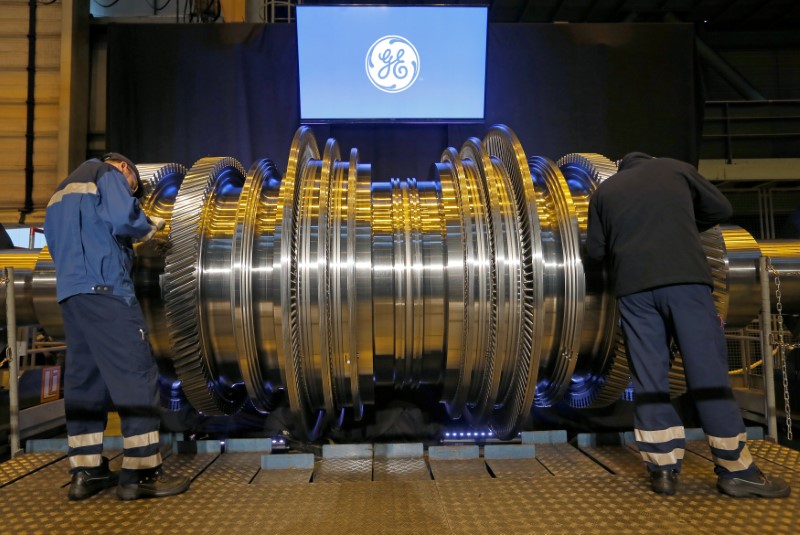Boston-based General Electric (NYSE:GE) finds itself at the center of a class action lawsuit led by two pension funds. The lawsuit alleges that the company excessively used factoring, a financial strategy that the plaintiffs claim inflated GE's revenue and created a cash flow crisis due to inadequate contracts to factor.
This unexpected exposure led to a significant drop in GE's stock price. This development came to light on Friday, as revealed by U.S. District Judge Jesse Furman, who permitted most of the case to proceed while dismissing several claims.
Factoring is a financial transaction and a type of debtor finance in which a business sells its accounts receivable (i.e., invoices) to a third party (called a factor) at a discount. Critics argue that this practice can potentially distort a company's financial health by artificially boosting its revenue.
The lawsuit against General Electric underscores the potential risks associated with factoring, particularly when it is used excessively or without adequate contracts. The plaintiffs argue that GE's use of factoring created a cash flow crisis for the company, which ultimately led to the substantial decline in its stock price.
As the lawsuit progresses, it will be closely watched by investors and market participants interested in the broader implications for companies using factoring as part of their financial strategy.
According to InvestingPro data, General Electric has a market cap of $121.64 billion and a P/E ratio of 13.07. The company's revenue growth in the last twelve months (LTM2023.Q2) has been 23.24%, and its gross profit for the same period stands at $20.02 billion. Despite the current lawsuit, the company's performance shows a high return over the last year, as indicated by its 1-year price total return of 130.27%.
InvestingPro Tips suggests that GE has a perfect Piotroski Score of 9, indicating a strong financial health. The company's revenue growth has been accelerating, and its strong earnings should allow management to continue dividend payments. It's worth noting that GE has maintained dividend payments for 53 consecutive years. Furthermore, GE is a prominent player in the Industrial Conglomerates industry and operates with a moderate level of debt. For more insights like these, consider checking out InvestingPro's comprehensive guide on investing, available here. Despite the ongoing legal issues, GE's financial metrics and the InvestingPro Tips suggest that the company's fundamentals remain strong.
This article was generated with the support of AI and reviewed by an editor. For more information see our T&C.
